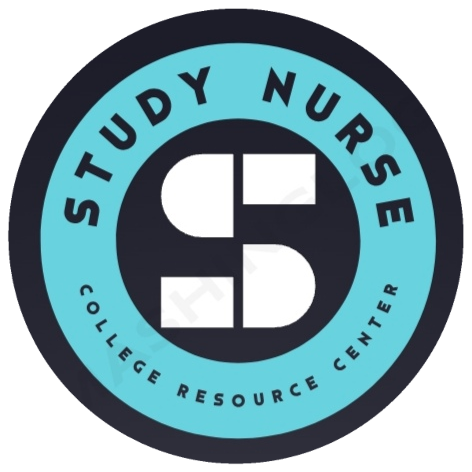Ethical Theory Matrix
| Theory | Decision Criteria | Your Own Example | Strengths | Weaknesses |
| Utilitarianism
|
Ethical choices should produce happiness for the majority (Mensah & Agyemang, 2020). | Physicians or nurses may consider protecting a patient from harm by administering certain drugs without consent in a scenario where the latter’s religious faith prevents them from taking certain medications. | Empowers healthcare professionals to base decisions on clients’ and society’s happiness (Mensah & Agyemang, 2020).
The theory makes everyone aware of the need for decisions that protect other from emotional, physical, and psychological harm. |
Physicians or nurses could make decisions that override a patient’s autonomy.
Ignoring a client’s preferences contradicts nurse practice standards (Cunning, 2020).
|
| Kantian Ethics
|
Emphasizes on duty of care, which allows healthcare professionals to embrace humanity, respect and dignity (Cunning, 2020).
|
Nurses have a duty to respond to patients’ demands regardless of complexities in the clinical environment. For instance, practice standards may require nurses to handle patients during pandemics despite the risk of infections. | Promotes dignified and respectful services.
Strengthens ability to deliver patient-centered services (Mensah & Agyemang, 2020). Prioritizes sanctity of life.
|
Healthcare professionals vulnerable to compassion fatigue, burnout, and risk of infections (Mensah & Agyemang, 2020).
|
| Ross’s Ethics
|
Advocates for individual and collective commitment to helping others, learning from errors, and delivering fair and equitable services (Dugan, 2019). | The healthcare team may choose to protect a chronically ill patient from additional physical, emotional, and psychological harm by withholding treatment. | Upholds positive relationships among different people.
Reminds healthcare professionals to have positive intents when handling patients (Dugan, 2019).
|
Neglects the influence of different relationships beyond professional exchanges.
|
| Natural Law Ethics
|
Individuals’ decisions depend on their values, attitudes, preferences, and behaviors (O’Connor, 2019) | The law recognize sanctity of life such that a healthcare team may administer strong drugs to a chronically ill patient to prevent premature death. | Reminds healthcare professionals about the need to honor sanctity of life (O’Connor, 2019).
Supports flexible decisions. |
Assumptions may trigger irrational decisions.
Decisions depend on a constant human nature (O’Connor, 2019). |
References
Cunning, U. (2020). Public health ethics: A flawed view of Kant’s argument from autonomy. Journal of Public Health, 42(4), 477-481. https://doi.org/10.1093/pubmed/fdz164
Dugan, D. (2019). Appreciating the legacy of Kübler-Ross: One clinical ethicist’s perspective. The American Journal of Bioethics, 19(12), 5-9. https://www.tandfonline.com/doi/full/10.1080/15265161.2019.1676591
Marseille, E., & Khan, J. (2019). Utilitarianism and the ethical foundations of cost-effectiveness analysis in resource allocation for global health. Philosophy, Ethics, and Humanities in Medicine, 14(5), 1-6. https://peh-med.biomedcentral.com/counter/pdf/10.1186/s13010-019-0074-7.pdf
Mensah, R. O., & Agyemang, E. (2020). A comparative philosophical analysis of the Kantian principle of moral theory and the utilitarian theory: Applications and critiques. Journal of Humanities and Social Sciences, 3(3), 127-132. https://www.opastpublishers.com/wp-content/uploads/2020/09/a-comparative-philosophical-analysis-of-the-kantian-principle-of-moral-theory-and-the-utilitarian-theory-applications-and-critiques-jhss-20.pdf
O’Connor, J. (2019). Natural law and ethical non-naturalism. Studies in Christian Ethics, 34(2), 190-208. https://journals.sagepub.com/doi/epub/10.1177/0953946820962893

